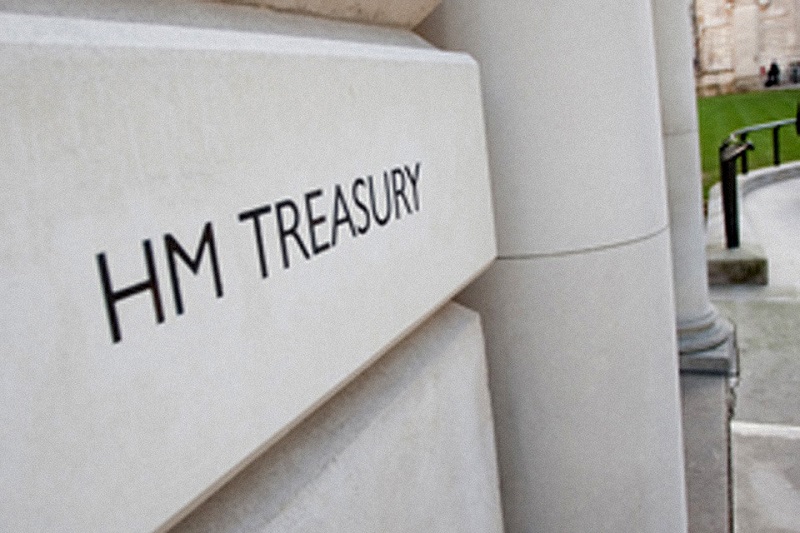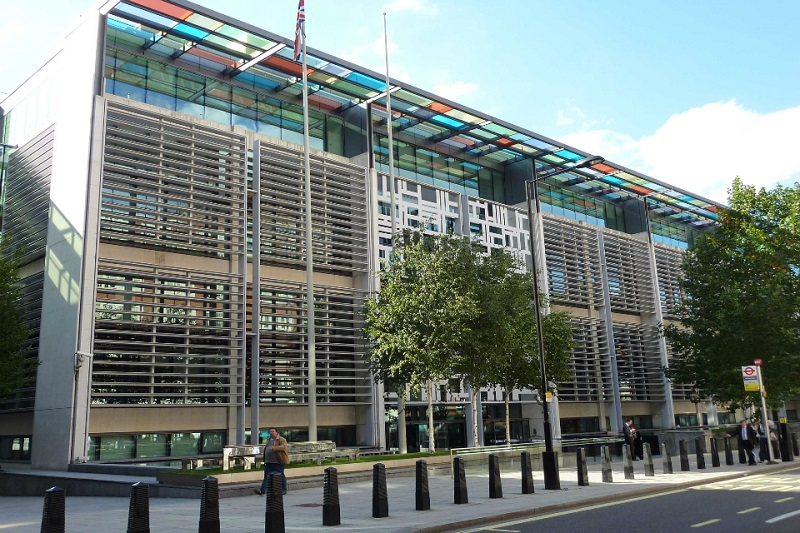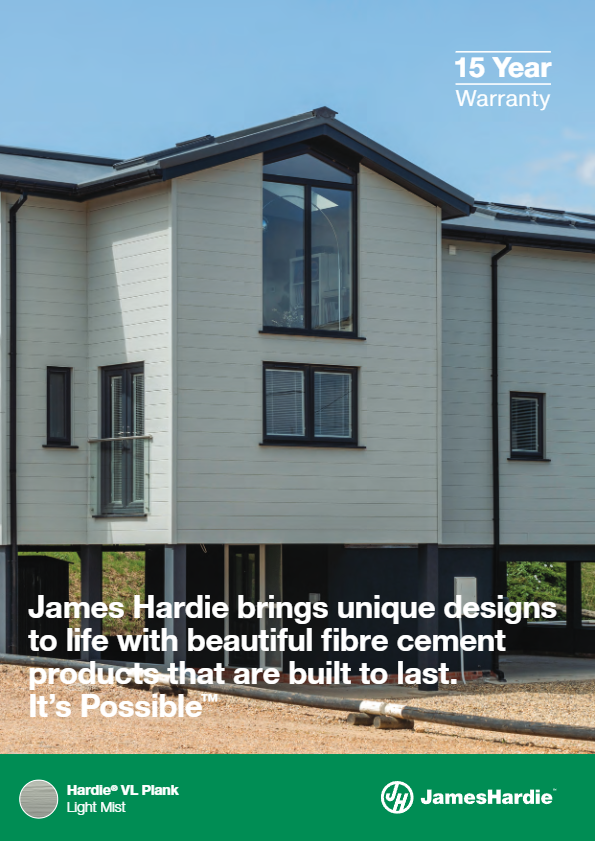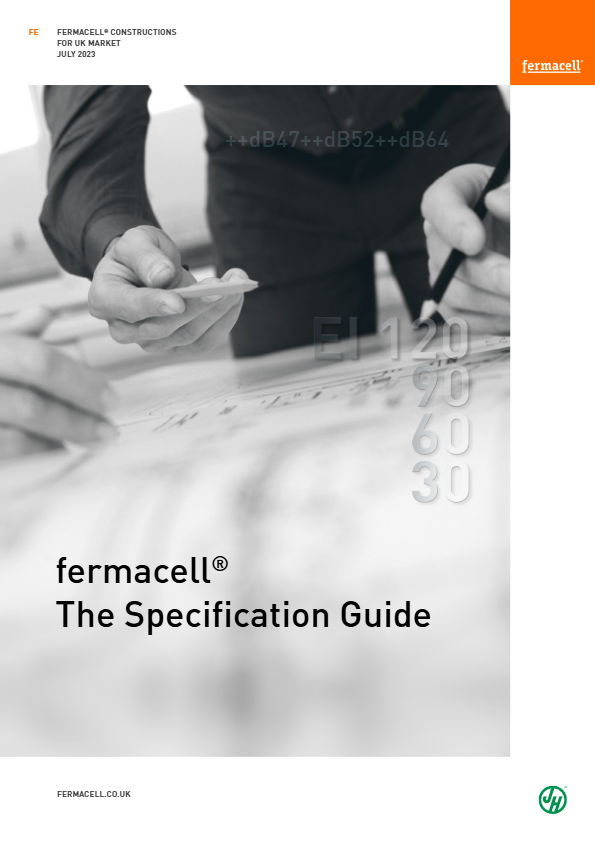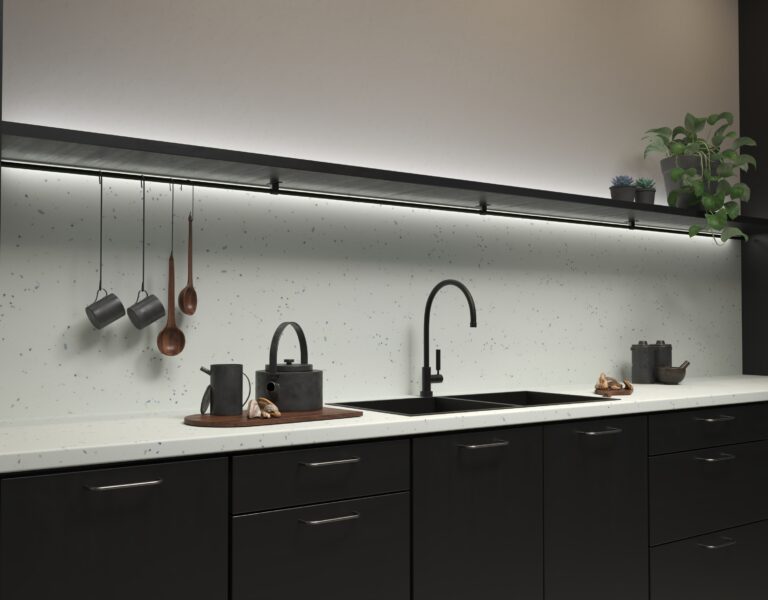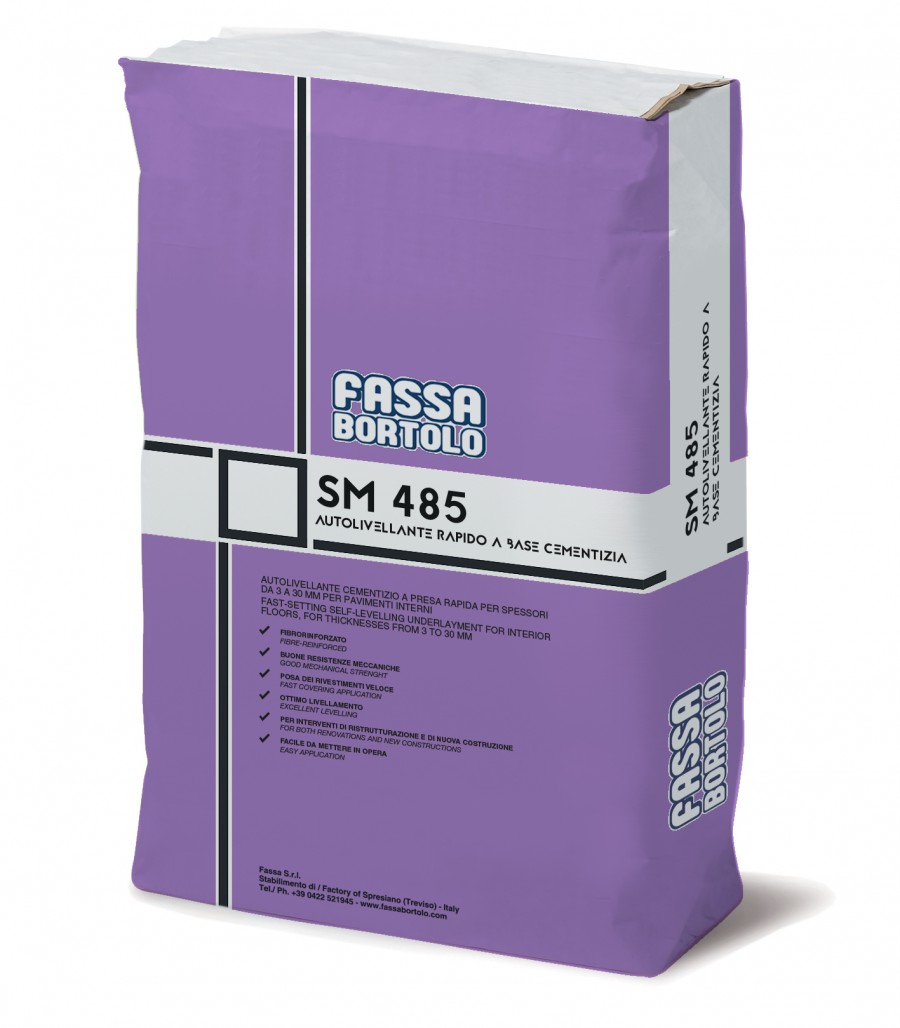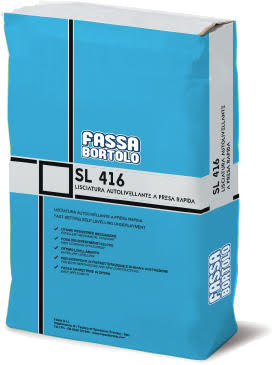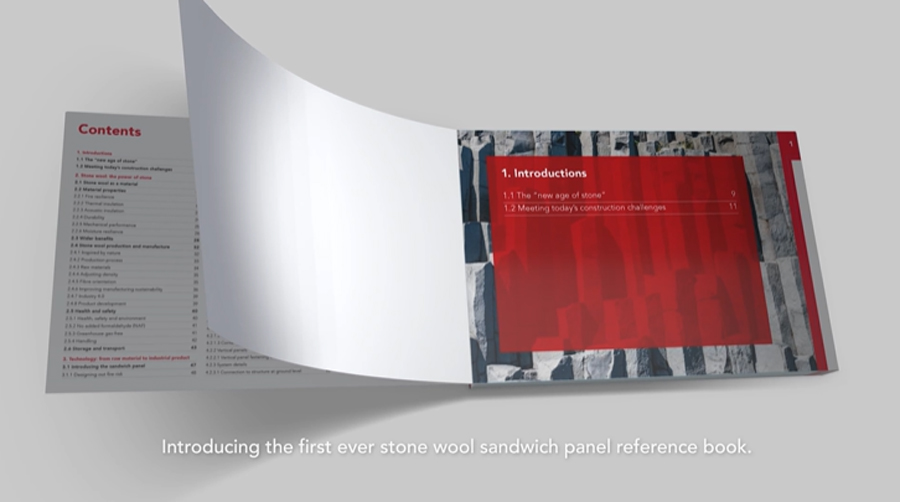Energy-efficient commercial property assets in the UK continue to exhibit stronger capital growth and total returns compared with energy-inefficient assets, according to CBRE’s Sustainability Index.
While the performance gap was still evident through 2024, it changed little over the course of the year.
Since the start of the index in Q1 2021, all energy-efficient commercial property assets have recorded total returns of 16.2%, compared with 11.2% for the inefficient sample. In H2 2024, total returns for energy-efficient assets (5.6%) were slightly stronger than for inefficient properties (5.4%).
Over H2 2024, capital growth for all energy-efficient assets was 1.7%, compared with 1.4% for inefficient assets. Rental value growth was stronger for the energy efficient sample, at 2.4%, compared with 1.5% for inefficient properties over this period.
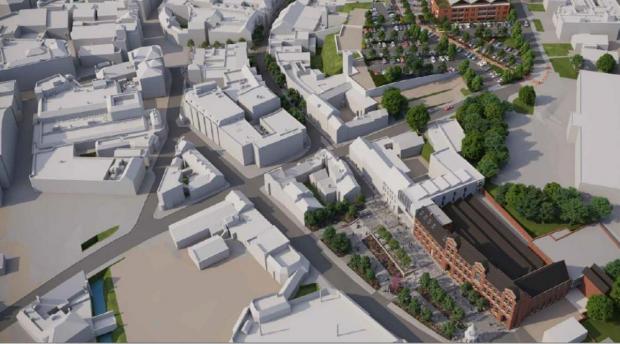
Jennet Siebrits, CBRE’s Head of UK Research, said: “Performance in each of the sectors tracked by the index fits with the trends we have seen over the previous years. In 2024 the underperformance for inefficient assets was maintained but changed little.
“The lack of movement in relative performance could be related to continued uncertainty about minimum efficiency regulation. The government has indicated it will clarify its position on minimum Energy Performance Certificate (EPC) ratings for commercial property in ‘early 2025.’ If minimum EPC requirements do crystallise, we might expect to see a greater divergence in performance in 2025 as markets price in additional risk for inefficient assets.”
Sam Carson, Head of Sustainability for Valuation and Advisory Services at CBRE UK, added: "What strikes me about the index results as we develop a longer history is how much the relationship between efficiency and investment performance differs between sectors. In each sector, the forces driving value combine with sustainability in a different way, resulting in varied outcomes.
“In the office sector, for example, the flight to quality observed across the market is reflected in weaker performance for inefficient assets, which tend to be of lower quality in several respects. This discount is exacerbated by the significant capital expenditure anticipated for refurbishment to improve sustainability and other building features.
“This contrasts with the industrial sector, where energy-efficient properties perform only slightly better than inefficient ones. This is likely due to high demand and low supply leading to less choice in asset selection, relatively low anticipated capital expenditure costs for efficiency upgrades and a preponderance of older, less efficient stock in some prime locations.”
This year for the first time, the index accounts for the risk posed by flooding, which adds another dimension to the insights on the relationship between sustainability and investment performance. Notably, 94% of the properties sampled are at low risk from river flooding.
The wide performance gap between energy-efficient and inefficient assets in the office sector continued into 2024. In H2 2024, total returns for energy-efficient assets were 3.1%, compared with 2.7% for the inefficient sample. Capital value growth for both efficient and inefficient assets returned to positive territory for the first time since 2022, at 0.8% and 0.6% respectively. Rental value growth for the energy efficient sample was 3.4% in the second half of the year, more than twice that for the inefficient sample (1.6%).
Efficient industrial properties have achieved slightly stronger total returns and capital growth, though this sector does not see significant variance in the performance of efficient and inefficient assets.
Over H2 2024, total returns for the efficient sample were slightly higher at 8.7%, compared with 8.1% for inefficient assets. Capital value growth for the efficient sample was 3.3%, whereas values for inefficient industrial assets rose 2.9%. Efficient industrial assets delivered stronger rental growth over the second half of the year at 3.1%, compared to 2.0% for inefficient assets over the same period.
While energy-efficient assets have outperformed inefficient assets in the retail sector, this is related to sample composition. The performance gap continued in 2024, but both efficient and inefficient assets appear to have benefitted from improving sentiment in the sector.
Total returns for the efficient sample were 4.6% in H2 2024, compared to 4.1% for inefficient assets. Capital value growth was 1.4% for efficient assets, while it was 1.2% for inefficient assets, with capital values still lower than at the start of the index. Inefficient retail assets reported stronger rental growth over the second half of the year at 1.2%, compared with 1.0% for efficient assets. The greater growth for the inefficient sample was driven by increasing rental values for some high value shops in Central London.







